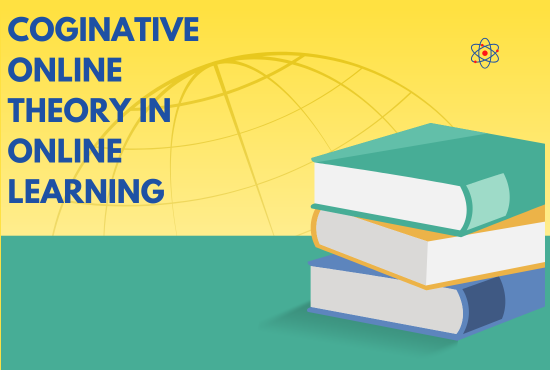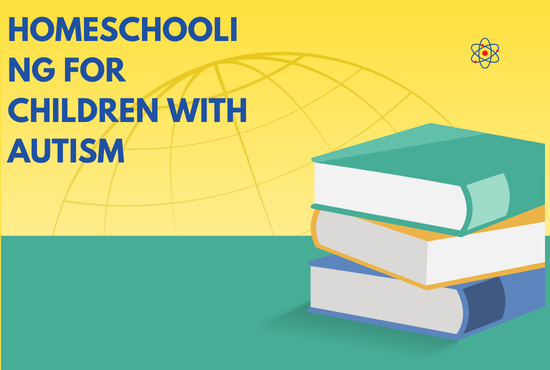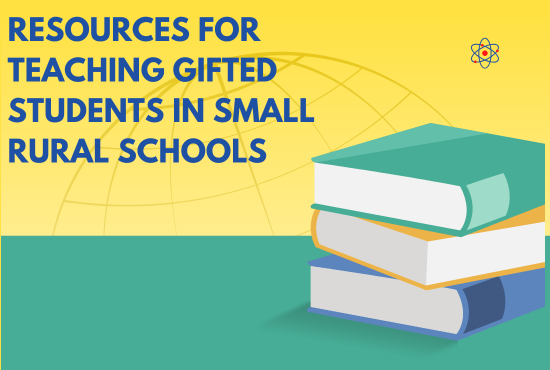How to Foster Emotional Intelligence in Children Through Education
Updated: 04 Jul 2025
Cultivating The ability to appreciate anyone on a deeper level in Kids Through Education
The capacity to understand people on a deeper level (EI) is a vital part of a kid’s improvement that frequently gets ignored in customary schooling systems. While scholastic abilities like perusing, math, and science become the overwhelming focus, the capacity to appreciate people on a profound level shapes a kid’s capacity to comprehend, make due, and express feelings, as well as their capacity to fabricate good connections and explore social circumstances. Creating the capacity to understand people on a profound level from the get-go can lastingly affect a youngster’s prosperity, scholarly achievement, and social versatility.
In this article, we’ll investigate how teachers, guardians, and parental figures can purposefully encourage the capacity to understand people on a deeper level in kids through instructive works on, establishing a supporting climate that advances mindfulness, compassion, and strength.
1. Creating a Protected and Strong Learning Environment
The underpinning of the capacity to understand individuals on a deeper level starts with a protected, steady, and comprehensive climate. At the point when kids have a solid sense of safety, they are bound to connect straightforwardly with their feelings and figure out how to oversee them. Instructive settings — whether in schools or homes — ought to:
- Empower open communication: Youngsters ought to feel happy with offering their viewpoints and sentiments unafraid of judgment. Making a space for standard registrations or conversations helps kids process and lucid feelings.
- Advance regard and kindness: Empowering aware way of behaving, sympathy, and thoughtfulness toward others assists youngsters with creating positive interactive abilities. A sympathetic climate helps youngsters to really focus on themselves as well as other people.

2. Modeling Profound Intelligence
Youngsters are sharp onlookers, frequently reflecting the ways of behaving and mentalities of the grown-ups around them. By displaying the capacity to understand people on a profound level, guardians and teachers assume an essential part in showing kids how to deal with their feelings.
- Show profound awareness: Communicating your own sentiments in a sound, controlled way permits kids to perceive how feelings can be overseen usefully. For instance, you could say, “I feel disappointed as a result of this present circumstance, yet I will take a full breath and attempt to smoothly tackle the issue.”
- Show critical thinking skills: Assist youngsters with understanding that moves and slip-ups are chances to learn. Tell them the best way to deal with dissatisfaction and disappointment in a positive manner.

3. Incorporating Profound Mindfulness into Curriculum
Schools can incorporate capacity to appreciate people on a profound level into their educational program through deliberate examples, exercises, and conversations. This can assist youngsters with building their profound jargon, perceive various feelings, and figure out the job of feelings in their choices and cooperations.
- Feeling centered lessons: Exercises that attention on distinguishing feelings, for example, perusing tales about characters exploring difficulties or utilizing picture books that examine feelings, can be a connecting method for aiding kids comprehend and mark their sentiments.
- Care and unwinding techniques: Presenting care activities or unwinding methodologies, like profound breathing or directed symbolism, can assist kids with managing their feelings. These practices advance mindfulness and concentration, and they can likewise assist with overseeing pressure or tension.

4. Encouraging Compassion and Point of view Taking
Compassion, or the capacity to comprehend and discuss the thoughts of others, is a foundation of the ability to understand individuals on a profound level. Teachers and parental figures can advance sympathy through different exercises that empower viewpoint taking and empathy.
- Pretending exercises: Exercises like pretending different social circumstances or showcasing the feelings of others can show kids how to sympathize. For instance, asking a kid how they would feel from another person’s perspective or examining how a schoolmate could feel after a contention helps cultivate understanding.
- Cooperative projects: Working in gatherings or matches on projects cultivates collaboration, correspondence, and understanding. By participating in shared errands, youngsters figure out how to consider various perspectives and work together toward a shared objective.

5. Teaching Self-Guideline and Adapting Strategies
Self-guideline is the capacity to control driving forces, deal with feelings, and settle on insightful choices. An expertise can be supported through purposeful procedures and practices.
- Set clear expectations: Assist youngsters with understanding the significance of dealing with their feelings by setting clear rules for conduct. For example, “While you’re feeling irate, we can take a couple of full breaths and quiet down prior to talking.”
- Give adapting tools: Show kids explicit techniques for overseeing extreme feelings, like building up to ten, enjoying some time off, or utilizing good self-talk. This engages them to assume command over their feelings, instead of being overpowered by them.

6. Positive Support and Encouragement
Perceiving and celebrating close to home development is critical to building up certain profound ways of behaving. Acclaim endeavors to deal with feelings, relate to other people, and take care of issues successfully.
- Recognize profound growth: Offer explicit recognition when kids exhibit close to home mindfulness, for example, “I’m glad for you for seeing when you were getting baffled and bringing a second to quiet down.”
- Give valuable feedback: When a youngster battles with profound guideline or social communications, offer delicate direction on how they could deal with the circumstance diversely sometime later. This helps fabricate flexibility and certainty.

7. Building Social-Profound Learning (SEL) Programs
Social-profound learning (SEL) programs are intended to show kids key capacity to understand people at their core abilities like mindfulness, self-guideline, social mindfulness, relationship abilities, and dependable independent direction.
- Carry out SEL programs in schools: Schools can embrace SEL educational plans to show understudies the capacity to understand anyone at their core and its significance in day to day existence expressly. These projects are proof based and have been displayed to work on close to home guideline, scholarly execution, and relational connections.
- Energize support in extracurricular activities: Exercises like games, craftsmanship, music, or show can assist youngsters with creating interactive abilities and figure out how to deal with feelings in both organized and unstructured settings.

8. Promoting Strength and Development Mindset
The capacity to understand people on a profound level is intently attached to versatility — the capacity to quickly return from mishaps. By advancing a development outlook, youngsters discover that knowledge and close to home abilities can be created through exertion and persistence.
- Standardize challenges: Assist kids with seeing that it’s OK to battle and that they can gain from their slip-ups. This advances close to home versatility, which is a fundamental part of the ability to appreciate individuals at their core.
- Support objective setting: Show kids how to put forth private objectives, whether scholastic, profound, or social. Putting forth and accomplishing objectives helps construct certainty and a feeling of achievement.

End
Encouraging ability to appreciate anyone on a profound level in kids isn’t just about showing them how to explore their feelings — it’s tied in with furnishing them with the abilities to fabricate significant connections, face difficulties with strength, and move toward existence with sympathy and mindfulness. By establishing a supporting climate, displaying profound guideline, and integrating the capacity to understand people on a deeper level into the educational program, teachers and parental figures can assist youngsters with fostering the devices they need to flourish both all through the study hall.
At the point when kids are genuinely shrewd, they are more ready to succeed scholastically, socially, and inwardly, preparing for a more adjusted and satisfying future.





